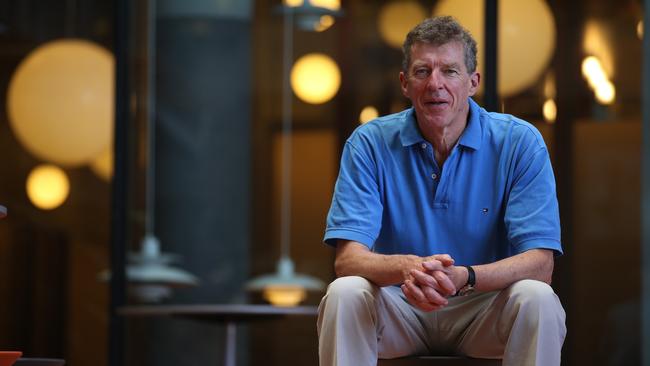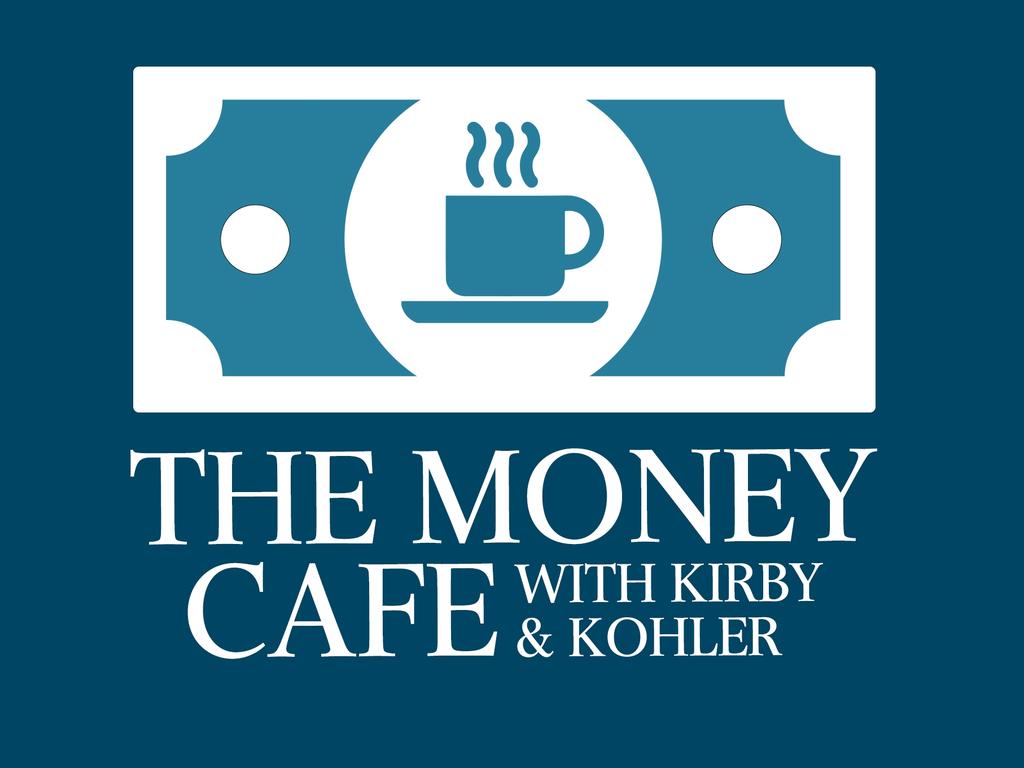First vaccine ‘unlikely to deliver knockout’
The co-inventor of the world’s first cancer vaccine says early COVID-19 vaccines may deliver only a fraction of the immunity of later drugs.

The co-inventor of the world’s first cancer vaccine Ian Frazer has warned that early COVID-19 vaccines may deliver only a fraction of the immunity of later drugs.
Professor Frazer said he would be happy if one of the candidate vaccines being fast-tracked to regulatory approval here and overseas achieved 30 per cent effectiveness, lower than the minimum World Health Organisation benchmark.
But he rejected a call for the rollout to be delayed after the federal government signed up this week for 80 million doses of yet-to-be-licensed vaccines from Britain’s Oxford University and the University of Queensland, to be produced in Australia by local drugmaker CSL.
The senior vice-president of CSL vaccine arm Seqirus, Russell Basser, said registration studies had 50-60 per cent effectiveness as a target, with a minimum rate of 30 per cent.
“I think if you ask the general public, governments as well, whether they would be happy to accept a vaccine that was 50 per cent protective right now, with the alternative of no vaccine, you would take a 50 per cent-effective vaccine and use it,” Professor Frazer said.
“Anything that decreases the burden of disease in the community must be good, so long as the vaccines are safe. That’s the really critical bit, to demonstrate safety first, and then whatever degree of efficacy we get better than 50 per cent is a good benchmark.
“To be quite honest, if a vaccine was only 30 per cent effective I suspect we would probably use it if it was the only one available.”
Professor Frazer’s breakthrough vaccine for cervical cancer, Gardasil, was found to be 95-99 per cent effective at preventing precancerous forms of the disease, earning him international recognition and the honour of 2006 Australian of the Year. But he said the urgency of the COVID-19 threat required a different response, and the more useful comparison was with the influenza vaccine. This didn’t stop people getting infected with the flu virus but provided short-term protection against becoming seriously ill.
“If we get a (COVID) vaccine that is better than the flu vaccine that would be a good start,” Professor Frazer said. “I suspect we will probably have to compromise and accept one which works a bit like the flu vaccine, but we will continue to work on the second and third-generation vaccines.
“It … is more likely that second or third-generation vaccines will turn out to be more effective than the first ones, and maybe combinations of vaccines will be more effective than the ones we are putting into single trials at the moment.”
WHO adviser Dale Fisher, a professor of infectious disease at Singapore’s National University Hospital, questioned the “rush” to rollout the Oxford-AstraZeneca vaccine in Australia from early next year, followed by the UQ offering, assuming both get through phase-3 human trials and are licensed by the Therapeutic Goods Administration.
“It is going to be a mess if we rush it, and we shouldn’t simply rush it because we can’t manage the pandemic from a public health point of view,” Professor Fisher said.
Asked whether it was now a matter of when, not if a viable vaccine emerged from the 160-plus immunisers in development globally, Professor Frazer said: “I would be confident we would have some sort of vaccine, certainly by the middle of next year.
“I think getting a vaccine out to the community is actually the hardest bit of this … manufacturing and delivering vaccine to the whole community, all at once, is something we never really do.”








To join the conversation, please log in. Don't have an account? Register
Join the conversation, you are commenting as Logout